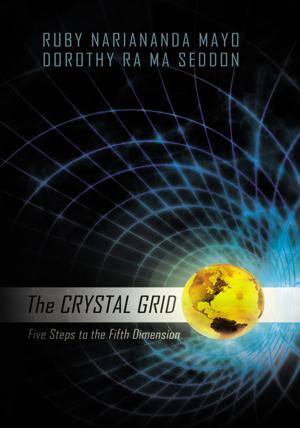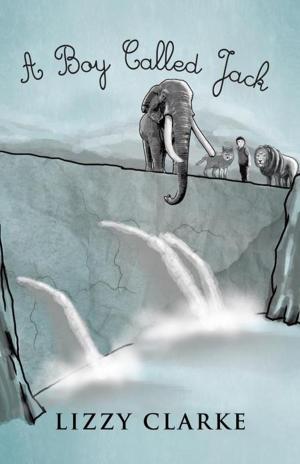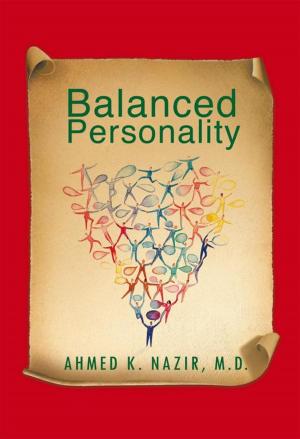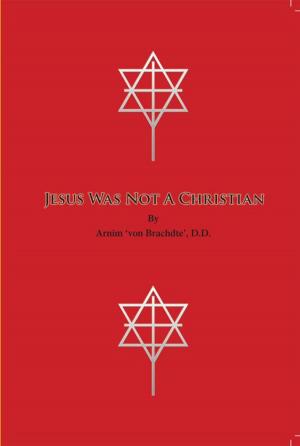Customary Law and Slavery in West Africa
Nonfiction, Social & Cultural Studies, Social Science, Cultural Studies, African-American Studies, Reference & Language, Law, History| Author: | M.T. Rosalie Akouele Abbey | ISBN: | 9781426971198 |
| Publisher: | Trafford Publishing | Publication: | December 7, 2011 |
| Imprint: | Trafford Publishing | Language: | English |
| Author: | M.T. Rosalie Akouele Abbey |
| ISBN: | 9781426971198 |
| Publisher: | Trafford Publishing |
| Publication: | December 7, 2011 |
| Imprint: | Trafford Publishing |
| Language: | English |
Customary Legal order predating the Slave Trades was based on Religion. When this order did not put them to death, it rejected on the margins of west Africa's traditional societeies, its inventors and creators whose descendants are still with us and are known as "craftsmen". Indeed, these creators were held responsible for the happening of cataclysms and other naturel disorders and were therefore tagged with a double status of exclusion; religious exclusion and social exclusion as well; which deemed then "Slaves". So, the meaning of Slavery is altogether different from the one which emerged during the Slave Trades. Upon these, the antic definition of slavery, together with the other traditional institutions teetered. Ambiguous centuries for a region shaken beyond words by the prevailing insecurity and the upheavals which its communities tried to guard against by attempting changes such as turning upside down the rules for accessing the Throne or imagining novel forms of governance while some of the rulers set in motion the dismantling of the old classes of slaves for example.
Customary Legal order predating the Slave Trades was based on Religion. When this order did not put them to death, it rejected on the margins of west Africa's traditional societeies, its inventors and creators whose descendants are still with us and are known as "craftsmen". Indeed, these creators were held responsible for the happening of cataclysms and other naturel disorders and were therefore tagged with a double status of exclusion; religious exclusion and social exclusion as well; which deemed then "Slaves". So, the meaning of Slavery is altogether different from the one which emerged during the Slave Trades. Upon these, the antic definition of slavery, together with the other traditional institutions teetered. Ambiguous centuries for a region shaken beyond words by the prevailing insecurity and the upheavals which its communities tried to guard against by attempting changes such as turning upside down the rules for accessing the Throne or imagining novel forms of governance while some of the rulers set in motion the dismantling of the old classes of slaves for example.















